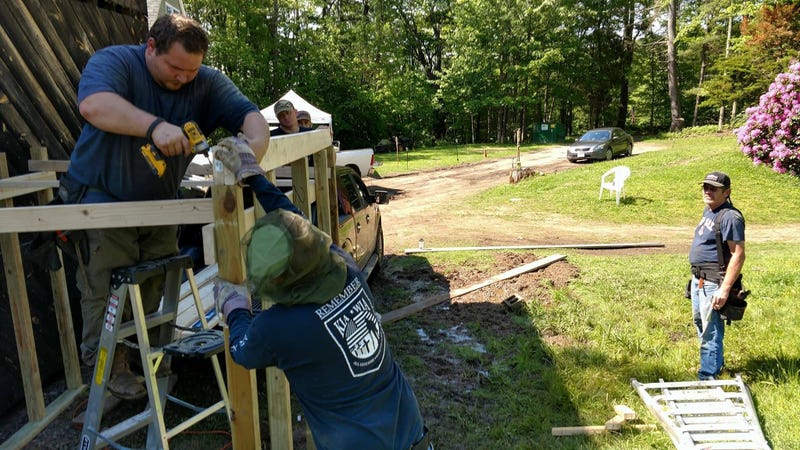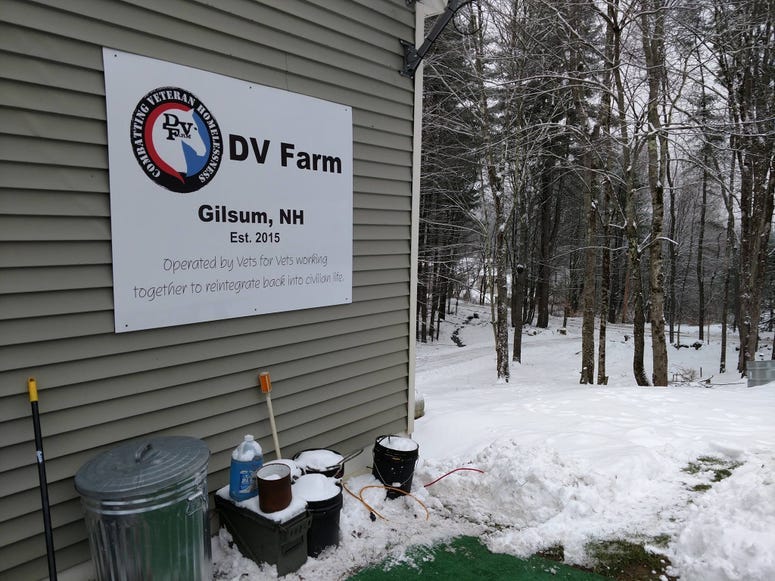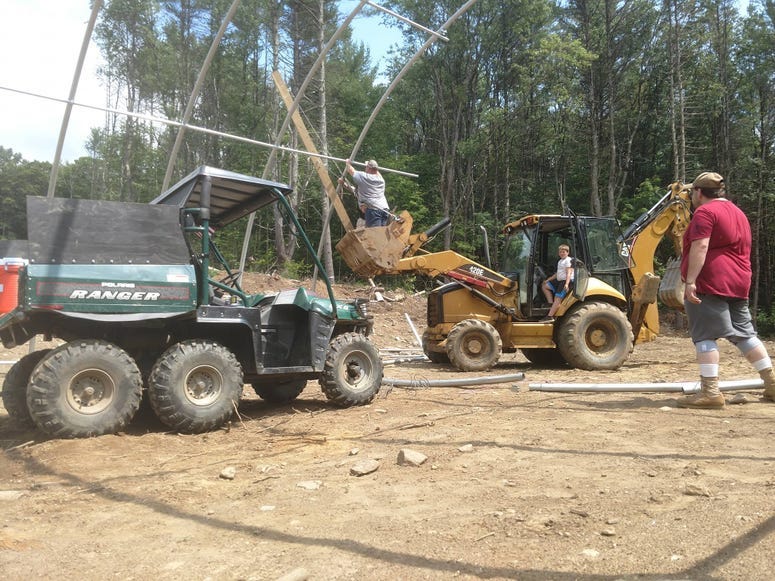
Whether it’s a meme about the Air Force or the uselessness of PT belts or jokes about POGs, chances are you’ve smiled while reading a post on the Dysfunctional Veterans Facebook page. What you might not know is the veteran behind this dark-humored online community is on a mission to help homeless veterans.
A military brat from Boston, Massachusetts, Michael Rivers swore he wouldn’t join the Army like his dad. But when he turned 19, he changed his mind. Rivers joined the Army and as an infantryman deployed in the first Gulf War. After his eight-year commitment, Rivers says his life spiraled out of control.
“When I got out, I was disconnected from the family and the support,” said Rivers. “I was walking around going undiagnosed with certain things. I did the usual route: self-medicated, boxed myself in, and was drinking to alleviate things.”
From multiple stints in prison to eventually living on the streets, Rivers found himself in a dark place. He eventually found refuge in a therapeutic farm program recommended to him by the VA, called Veteran Homestead. For three years, he spent time caring for animals and recovering from addiction.
“I went from being the guy that just shoveled shit to running the program and I liked it so much that it helped me deal with the issues I was battling,” said Rivers.
Eventually, Rivers replicated his experience for other veterans and created “DV Farm,” a nod to the popular dark humor Facebook community he runs called “Dysfunctional Veterans.”
Using a 30-60-90 day model, veterans live in a house with other veterans on farmland in Gilsum, New Hampshire. In the first 30 days, veterans are plugged into local and VA resources but additional responsibilities are kept to a minimum. As they progress, they gain more responsibility, learning to take care of animals on the property and working on construction projects.

This method is what Rivers calls “non-traditional,” but claims it works because he targets veterans with a history of homelessness and heavy drug use.
“The ones that are the problem children, those are the ones that I’m looking at—I’m looking for the black sheep,” said Rivers. “I’m looking for the ones that if they don’t get the help they need, they’re gonna die.”
On DV Farm, veterans also attend Alcohol Anonymous meetings and have monthly counseling.
There’s no set end date for the program, it operates on an individual basis. As long as a veteran needs for recovery is how long they can stay, a near polar-opposite timeline from most inpatient drug rehabilitation programs.

“You go to a typical program, you’re treated like a child. You can’t do anything, they don’t trust you. Here, we flip it on its head. You’re given a lot of responsibility,” said Rivers. “Veterans don’t need to be micromanaged. What you need is an environment surrounded by people who’ve been there, done that.”
DV Farm currently houses five male veterans and Rivers hopes to be able to support more people as they receive more financial support. Rivers uses funds from the Dysfunctional Veteran store to support the farm as well as local donations.
For more information about the Dysfunctional Veteran community, visit the Facebook page.
